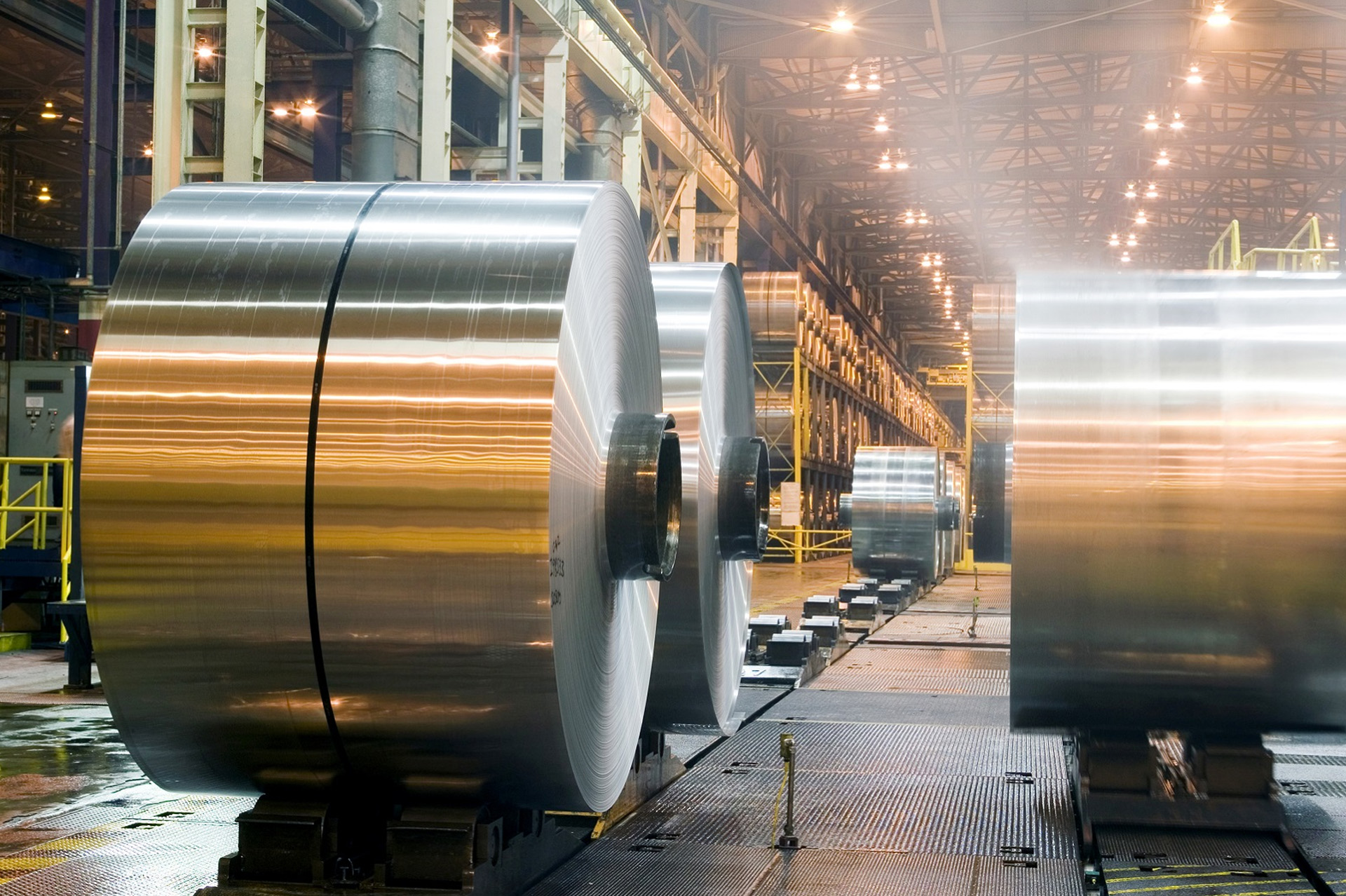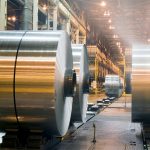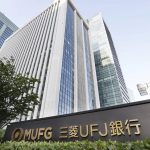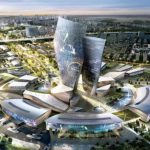Introduction: Aluminium and structural materials play a pivotal role in the construction, manufacturing, and aerospace industries, serving as essential building blocks for infrastructure development and technological advancement. As a leading investment conglomerate with a diverse portfolio of ventures, Al Amari Group is committed to staying abreast of the latest trends, developments, and innovations in these critical sectors. In this blog post, we delve into the state of aluminium and structural materials in the Middle East and globally, offering insights and perspectives from Al Amari Group.
Aluminium Industry Overview: The aluminium industry has witnessed remarkable growth and evolution over the years, driven by factors such as urbanization, industrialization, and technological advancements. In the Middle East, countries like Bahrain have emerged as key players in the global aluminium market, leveraging abundant natural resources, strategic investments, and innovative technologies to establish a competitive edge. Al Amari Group’s aluminium factory in Bahrain stands as a testament to the region’s growing prominence in the aluminium sector, contributing to job creation, economic growth, and technological innovation.
Global Trends and Developments: In addition to regional dynamics, the global aluminium market is influenced by a myriad of factors, including supply and demand dynamics, trade policies, environmental regulations, and technological advancements. From lightweight automotive components to sustainable packaging solutions, aluminium finds diverse applications across industries, driving demand and market growth. As a global player, Al Amari Group closely monitors these trends and developments, identifying strategic investment opportunities and potential areas for growth and expansion.
Structural Materials Landscape: Beyond aluminium, structural materials encompass a broad spectrum of materials, including steel, concrete, composites, and advanced alloys, each offering unique properties and applications. In the Middle East, rapid urbanization and infrastructure development have spurred demand for high-performance structural materials, driving investments in construction projects, transportation infrastructure, and renewable energy initiatives. Al Amari Group’s expertise in real estate development, infrastructure projects, and industrial ventures positions it as a key player in the structural materials landscape, contributing to sustainable growth and development in the region.
Challenges and Opportunities: While the aluminium and structural materials sectors present lucrative opportunities for growth and investment, they also pose significant challenges and complexities. From volatile raw material prices to geopolitical uncertainties and environmental concerns, industry stakeholders must navigate a myriad of risks and uncertainties. However, with innovation, collaboration, and strategic foresight, these challenges can be transformed into opportunities for value creation, differentiation, and sustainable development. Al Amari Group remains committed to leveraging its expertise, resources, and partnerships to address these challenges and seize opportunities for growth and innovation in the aluminium and structural materials sectors.
Conclusion: In conclusion, the state of aluminium and structural materials in the Middle East and globally is characterized by dynamic trends, evolving market dynamics, and vast potential for growth and innovation. As a leading investment conglomerate, Al Amari Group remains at the forefront of these developments, leveraging its expertise, networks, and strategic partnerships to drive sustainable growth, create value, and shape the future of these critical industries. By staying abreast of industry trends, fostering innovation, and embracing collaboration, Al Amari Group is poised to make a lasting impact in the aluminium and structural materials sectors, contributing to economic prosperity, technological advancement, and sustainable development on a global scale.




